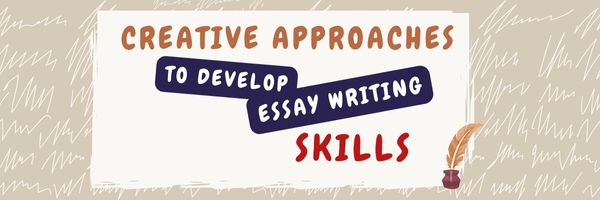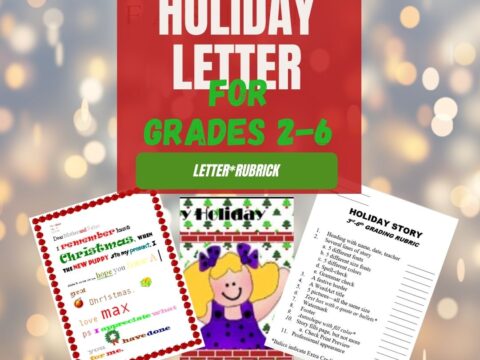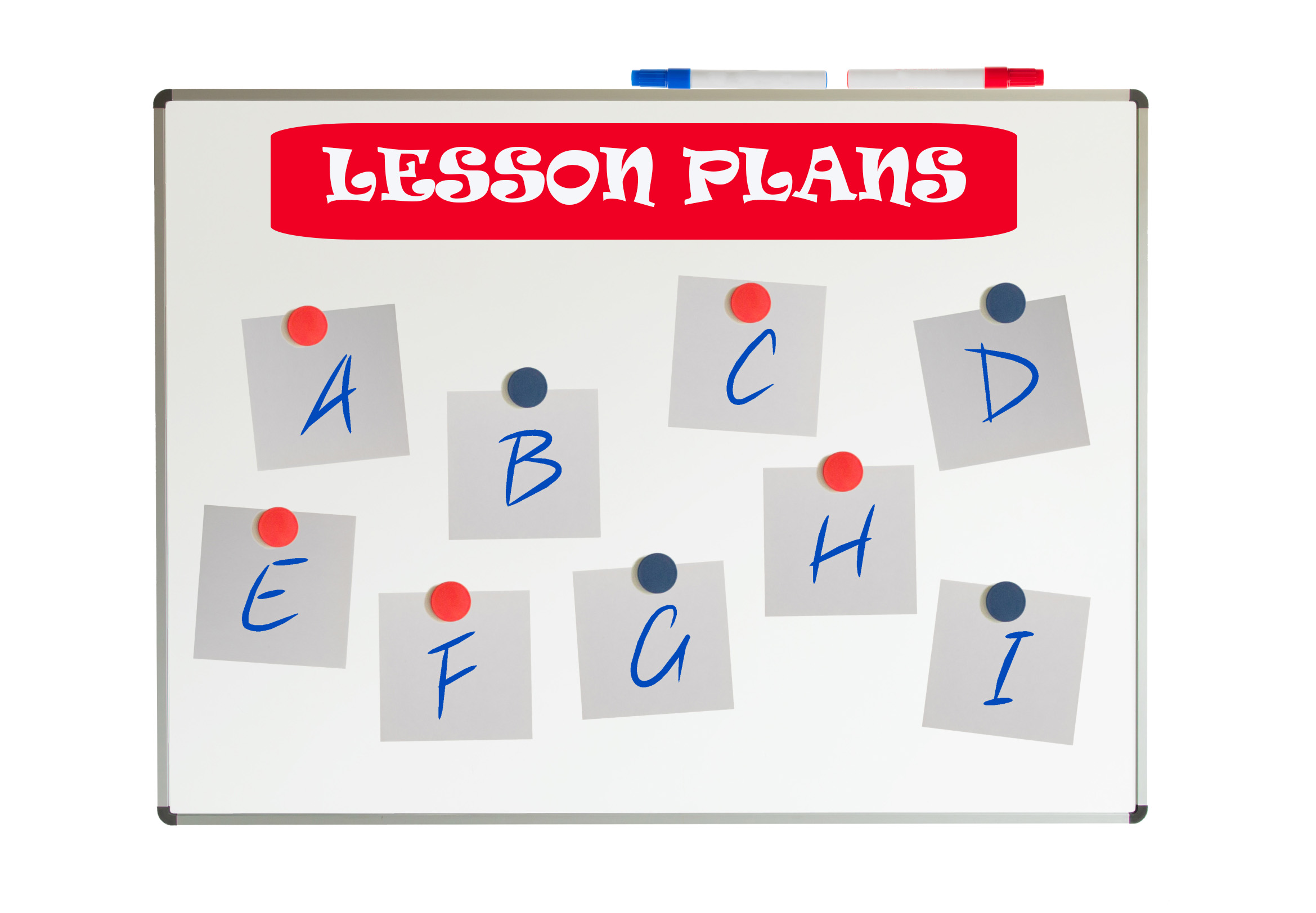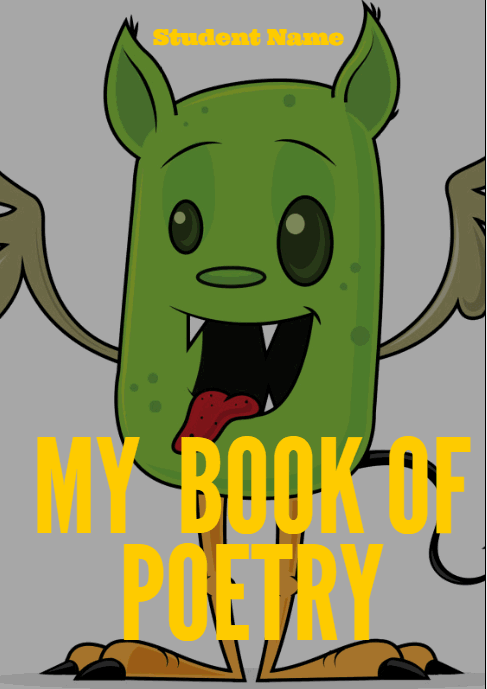The Cambridge Dictionary defines ‘essay’ as”
a short piece of writing on a particular subject
Most students write their first essay by third grade, probably enjoy the process because of its non-threatening narrative exploration of their thoughts, but by Middle School, the rules and requirements that made essay writing fun change:
In a school test, an essay is a written answer that includes information and discussion, usually to test how well the student understands the subject.
The Ask a Tech Teacher team came up with fresh rules we think are less threatening and more geared to enabling students to enjoy this important writing style. I think you’ll find some of these helpful:
Creative Approaches for Developing Essay Writing Skills
As a college student, the ability to write well-written essays is an essential skill that transcends academic disciplines and serves as a vital tool for effective communication throughout one’s personal and professional life, yet the process of developing this aptitude often presents a formidable challenge that requires a multifaceted approach encompassing various creative techniques and methodologies. Exploring diverse writing exercises, experimenting with different perspectives, and seeking inspiration from various sources can cultivate creativity and enhance essay writing skills, with the option to have professionals write me an essay providing valuable insights and further honing one’s craft. Start small.
Laying the Groundwork
Before embarking on the journey toward mastering essay writing, it is imperative to establish a solid foundation by cultivating a deep understanding of the fundamental elements that constitute a well-structured and cohesive piece of writing. This involves a comprehensive grasp of grammar rules, sentence construction, paragraph organization, and the logical flow of ideas, as well as a keen awareness of the nuances of tone, voice, and audience. Mastering these basics is akin to acquiring the essential building blocks that will enable you to construct a sturdy and aesthetically pleasing literary edifice.
Embracing the Art of Reading
One of the most effective and time-honored methods for honing one’s writing skills is to immerse oneself in the works of accomplished authors and essayists. By actively engaging with a diverse array of literary genres, styles, and voices, one can develop a keen eye for the intricate interplay of language, structure, and storytelling. This exposure not only broadens one’s lexical horizons but also cultivates an appreciation for the artistry of wordsmithing and the ability to discern the subtle nuances that distinguish exceptional writing from the mundane.
The Beauty of Freewriting
Engaging in creative exercises such as freewriting, mind mapping, and storytelling can foster innovation and proficiency in essay writing skills, while seeking guidance from top essay writing services can offer valuable feedback and support in refining one’s craft to achieve academic excellence. Freewriting, the act of putting pen to paper (or fingers to keyboard) and allowing thoughts to flow unencumbered by the constraints of editing or self-censorship, is a liberating and highly effective technique for unlocking creative potential and overcoming the dreaded writer’s block. This practice encourages a stream-of-consciousness approach, enabling the writer to explore ideas, experiment with language, and develop a more organic and authentic voice. By embracing the freedom of freewriting, one can tap into the well of subconscious creativity and cultivate a more fluid and expressive writing style.
Embracing Multimodal Approaches
In the digital age, the landscape of communication has undergone a profound transformation, paving the way for multimodal approaches that blend text with various forms of media, such as images, videos, and interactive elements. Incorporating these elements into the writing process can not only enhance engagement and understanding but also foster a more dynamic and multidimensional approach to storytelling and idea conveyance. By exploring the interplay between text and visual or auditory components, writers can develop a more holistic and immersive approach to their craft.
Collaborative Writing and Peer Review
The adage “two heads are better than one” holds true in the realm of writing, as collaborative efforts and peer review can yield invaluable insights and constructive feedback. Engaging in group writing exercises or participating in writing workshops not only facilitates the exchange of ideas and perspectives but also fosters an environment of constructive criticism and mutual support. Through this process, writers can identify areas for improvement, gain exposure to diverse writing styles, and ultimately refine their own craft.
Embracing Interdisciplinary Connections
Writing is not an isolated endeavor; rather, it is inextricably intertwined with various disciplines, ranging from philosophy and psychology to sciences and the arts. By exploring the connections between writing and these diverse fields, one can cultivate a more nuanced and multifaceted understanding of language, communication, and the human experience. For instance, delving into the realms of psychology can shed light on the cognitive processes that underlie effective storytelling, while engaging with the arts can foster an appreciation for the aesthetic and emotive dimensions of language.
Cultivating a Writing Routine
Akin to any skill, the development of effective essay writing abilities requires consistent practice and dedication. Establishing a regular writing routine, whether it be setting aside dedicated time each day or adhering to a weekly schedule, can foster discipline, momentum, and a sense of accountability. By making writing a habitual practice, one can overcome the inertia of procrastination and cultivate a mindset conducive to sustained creative output.
Embracing Experimentation
While adhering to established conventions and guidelines is crucial, it is equally important to embrace a spirit of experimentation and innovation. This entails stepping outside of one’s comfort zone, challenging conventional wisdom, and exploring uncharted territory in terms of subject matter, narrative structures, and stylistic choices. By embracing a willingness to take risks and push boundaries, writers can unlock new realms of creativity and forge their own unique literary path.
Seeking Mentorship and Guidance
No writer is an island; each individual’s journey toward mastery is enriched and accelerated by seeking out the guidance and mentorship of experienced writers, educators, and professionals. Whether through formal writing workshops, personal coaching, or informal mentorships, engaging with those who have walked the path before can provide invaluable insights, constructive feedback, and a supportive network that can help navigate the challenges and obstacles that inevitably arise along the way.
Embracing the Power of Reflection
The art of writing is not merely a linear process but a cyclical one, wherein reflection plays a pivotal role in fostering growth and continuous improvement. By taking the time to critically analyze one’s work, identify strengths and weaknesses, and actively seek feedback from others, writers can gain a deeper understanding of their craft and develop a more nuanced approach to their writing. This process of self-evaluation and introspection not only enhances the quality of one’s work but also cultivates a mindset of lifelong learning and personal growth.
In conclusion, developing essay writing skills is a multifaceted endeavor that requires a harmonious blend of technical proficiency, creative expression, and a willingness to embrace unconventional approaches. By laying a solid foundation, embracing the art of reading, exploring freewriting and multimodal techniques, engaging in collaborative efforts, fostering interdisciplinary connections, cultivating a consistent writing routine, embracing experimentation, seeking guidance, and reflecting on one’s journey, college students can unlock their full potential as writers and effectively navigate the complexities of crafting compelling and impactful essays. Remember, the path to mastery is a lifelong pursuit, but by embracing creativity and a growth mindset, the rewards are boundless.
Here’s the sign-up link if the image above doesn’t work:
Jacqui Murray has been teaching K-18 technology for 30 years. She is the editor/author of over a hundred tech ed resources including a K-12 technology curriculum, K-8 keyboard curriculum, K-8 Digital Citizenship curriculum. She is an adjunct professor in tech ed, Master Teacher, webmaster for four blogs, CSTA presentation reviewer, freelance journalist on tech ed topics, contributor to NEA Today, and author of the tech thrillers, To Hunt a Sub and Twenty-four Days. You can find her resources at Structured Learning.







































Very nice.
Thank! Nice to hear from you.